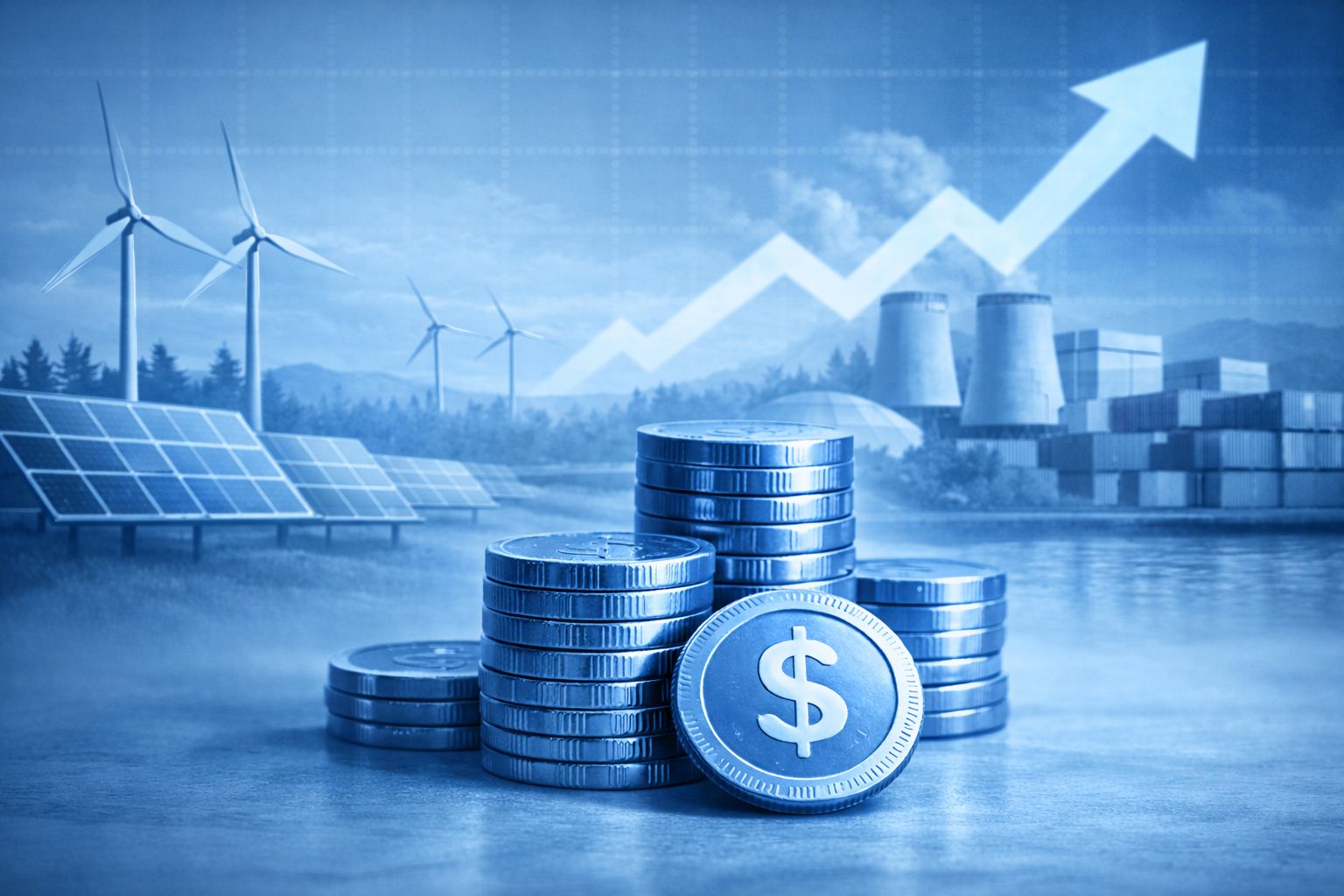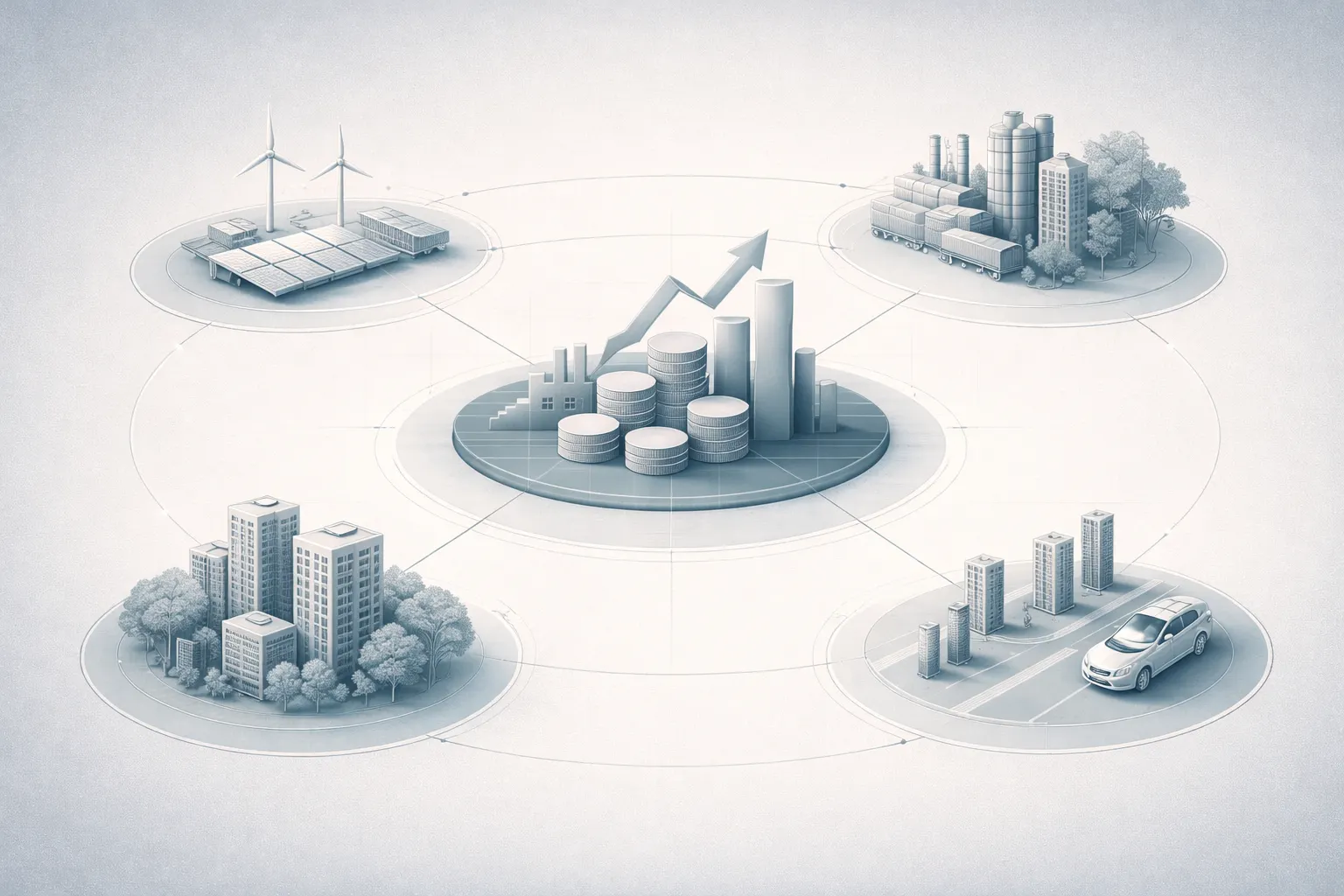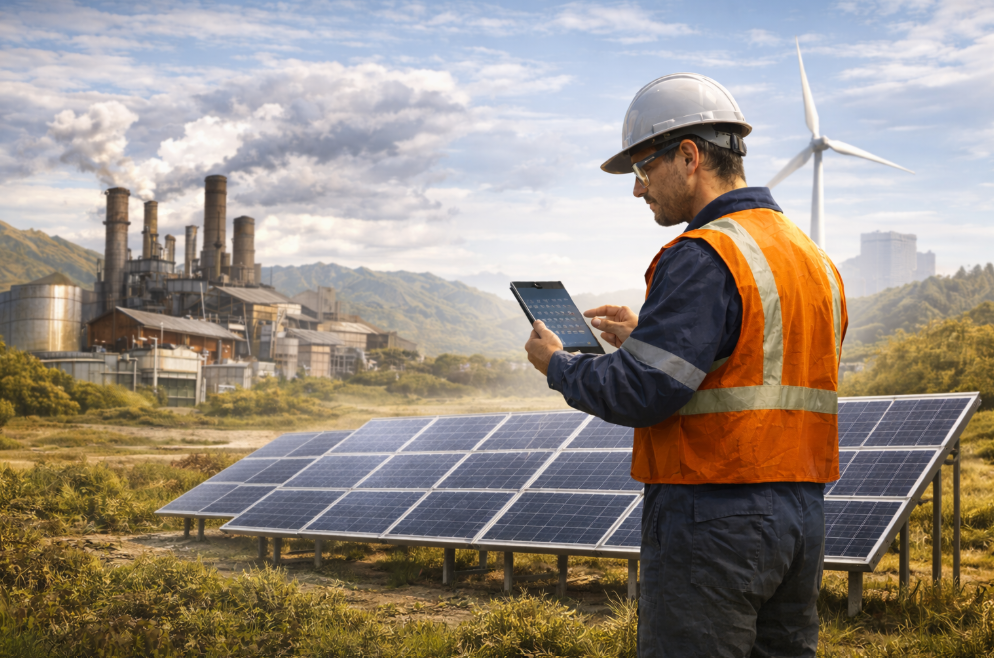
The chief economist of a major global bank has engaged in a dispute with Australia's Climate Change and Energy Minister, Chris Bowen, concerning the nation's nuclear ban. The economist, Phil O'Donaghoe of Deutsche Bank, has urged the government to eliminate barriers to nuclear technology, allowing the market to decide its viability within the country.
Phil O'Donaghoe emphasised a technology-neutral approach to emissions reduction and advocated that if private investors are willing to finance small nuclear reactors, the government should not impede their efforts. This plea aligns with a broader call for the Albanese government to adopt a more flexible stance on emission reduction strategies.
Nuclear power was prohibited in Australia in 1998 by the John Howard government, and a law was passed prohibiting any development in the nuclear sector by the “Howard Government Conservation Act 1999”.
Why not Green Hydrogen?
Decarbonising the planet is one of the goals that countries around the world have set for 2050. To achieve this, decarbonising the production of an element like hydrogen, giving rise to green hydrogen, is one of the keys as this is currently responsible for more than 2%of total global CO2 emissions.
The latest estimates by the International Energy Agency (IEA), published at the end of 2019, predict that global energy demand will increase by between 25% and 30% by 2040, which in an economy dependent on coal and oil would mean more CO2, exacerbating climate change. However, decarbonising the planet suggests a different world in 2050; one that is more accessible, efficient, sustainable, and driven by clean energies such as green hydrogen.
Green hydrogen is –
· 100% Sustainable - Green hydrogen does not emit polluting gases either during combustion or during production.
· Storable - Hydrogen is easy to store, which allows it to be used subsequently for other purposes and at times other than immediately after its production.
· Versatile - Green hydrogen can be transformed into electricity or synthetic gas and used for commercial, industrial or mobility purposes.
Renewable production of hydrogen is the idealised vision of the hydrogen economy, but there are some obstacles that have thus far kept this vision from being realised. The issue with green hydrogen is the cost. It simply isn’t yet cost effective enough to produce hydrogen using intermittent renewables. It could become cost effective if the renewable supply is overbuilt, and hydrogen production only takes place when there is excess electricity being produced.
However, that means that all the associated hydrogen production equipment is only being utilised a small fraction of the time.
Why should we go Nuclear?
This is where nuclear power can make an impact. A hydrogen economy will require a massive increase in hydrogen production.
Nuclear energy provides carbon-free electricity; While traditional fossil fuel generation sources pump massive amounts of carbon dioxide (the primary cause of global climate change) into the atmosphere, nuclear energy plants do not produce carbon dioxide, or any air pollution, during operation.
Also, Nuclear energy utilises a small land footprint compared to other common clean energy facilities (particularly wind and solar power), nuclear energy plants take up far less physical space. According to the Department of Energy, a typical nuclear facility producing1,000 megawatts (MW) of electricity takes up about one square mile of space. Comparatively, a wind farm producing the same amount of energy takes 360x more land area, and a large-scale solar farm uses 75x more space.
Lastly, nuclear energy is a reliable renewable energy source based on its constant production and accessibility. Nuclear power plants produce at their maximum power output more often (93% of the time) than any other energy source, and because of this round-the-clock stability, this makes nuclear energy an ideal source for reliable base load electricity for the grid.
While nuclear power is considered an environmentally friendly energy source, it is not classified as renewable. The existing nuclear technology utilises uranium ore as its fuel source, a resource found in finite quantities within the Earth's crust.
The prolonged dependence on nuclear power, especially relying on uranium ore, will result in a gradual reduction of the planet's uranium reservoirs. This depletion will subsequently lead to escalated expenses associated with extraction and heightened detrimental environmental consequences stemming from the mining and processing of uranium.
Considering the costs, operating a nuclear energy plant is a relatively low-cost endeavour, but building it in the first place is very expensive. Nuclear reactors are complex devices that require many levels of safety built around them, which drives up the cost of new nuclear plants.
Nuclear energy and nuclear plants are responsible for producing nuclear waste which is radioactive, making it an environmental and health catastrophe waiting to happen.
The comments from Deutsche add to a growing call for Canberra to apply a technology-agnostic approach to decarbonisation that has also been evident in hydrogen, where Japanese investors, for example, have criticised the government’s strong bias against non-renewables-based hydrogen that would use carbon capture to negate emissions.
However, Prime Minister Anthony Albanese and Energy and Climate Minister Chris Bowen have ridiculed the Coalition's efforts to introduce nuclear power.











.png)